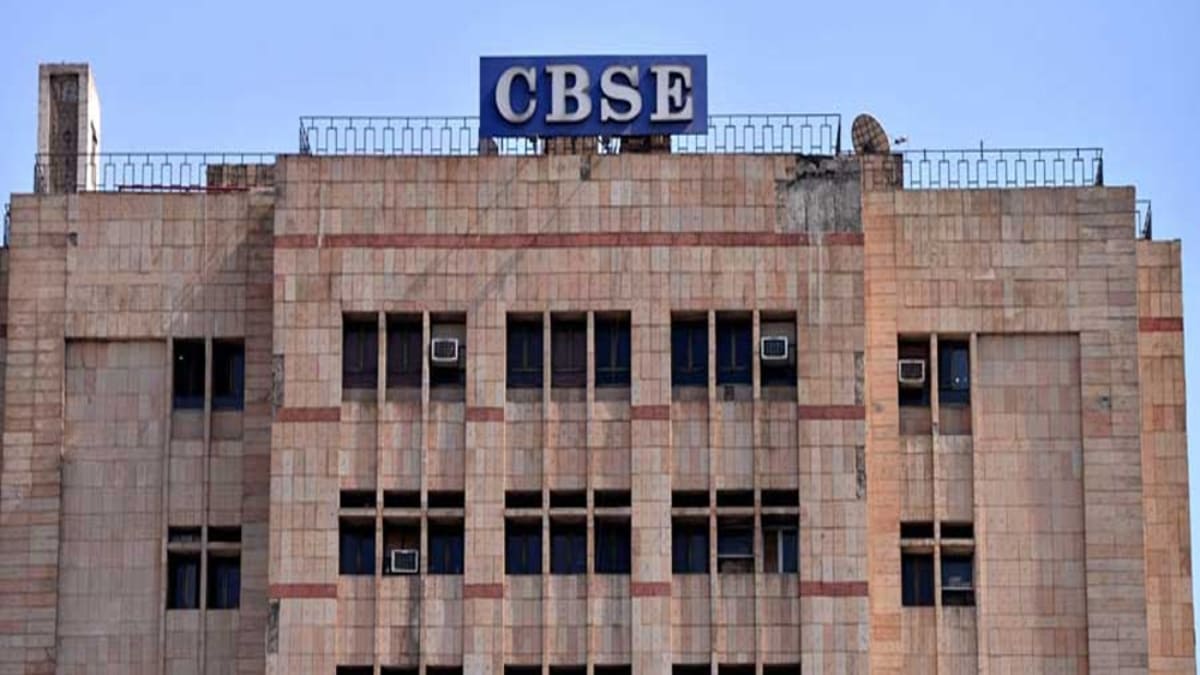New Delhi: The Central Board of Secondary Education (CBSE) is tightening its rules on “dummy schools,” which could mean trouble for Class 12 students who don’t attend regular classes. The board is considering barring such students from appearing for board exams, reinforcing its push for regular school attendance and well-rounded learning, as per the National Education Policy (NEP) 2020.
What Are “Dummy Schools”?
These schools enroll students just to meet CBSE’s formalities, but in reality, many of these students spend their time in coaching institutes preparing for entrance exams like JEE and NEET. This setup allows students to focus solely on cracking competitive exams, sometimes even taking advantage of state-specific quotas for medical and engineering admissions, without attending school properly.
CBSE’s Warning:
CBSE has made it clear that students and parents are equally responsible for maintaining regular attendance. If students are found missing during surprise inspections, they could be barred from writing the board exams. The board is even thinking about changing its rules to prevent students from dummy schools from taking board exams altogether, possibly starting from the 2025-26 session. Schools that support this “dummy” culture may also face strict action.
CBSE isn’t just talking tough, it has already taken action against more than 300 dummy schools across the country. The board firmly believes that attending school is crucial for overall growth, which is a key idea behind NEP 2020.
Delhi High Court Calls Dummy Schools a “Fraud”
The Delhi High Court has also stepped in, calling dummy schools a clear case of fraud. A panel led by Chief Justice D.K. Upadhyaya and Justice Tushar Rao Gedela has ordered CBSE and the Delhi government to crack down on such schools and make sure students meet attendance norms. The court also asked CBSE to submit a detailed report on what actions have been taken to stop fake enrollments and ensure proper schooling for students.
CBSE requires students to have at least 75% attendance to sit for board exams. The only exceptions are for students facing serious health issues, national or international sports participation, or other genuine reasons, which can get them a 25% relaxation in attendance.
For students who don’t meet the attendance criteria and can’t take the CBSE exams, there’s still a way out, they can appear for exams conducted by the National Institute of Open Schooling (NIOS). CBSE is also considering working with NIOS to create a structured alternative for affected students in the coming years.

